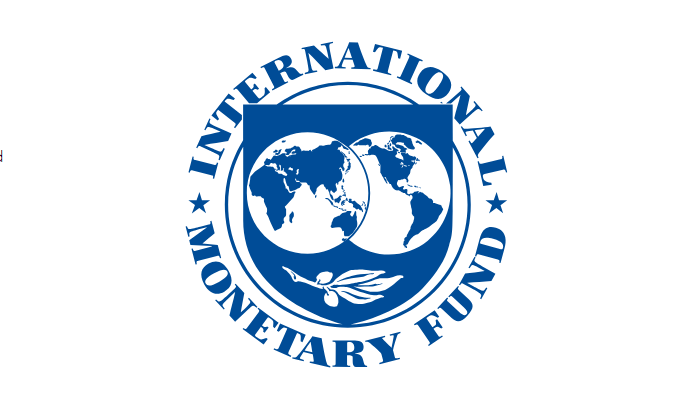BAKU, Azerbaijan, September 17. On September 8,
2025, the Executive Board of the International Monetary Fund (IMF)
completed its regular Article IV Consultation for the Republic of
Lithuania, with the authorities agreeing to publish the
accompanying staff report, Trend reports.
According to the IMF, Lithuania’s economy expanded by 2.7
percent in 2024, largely driven by private consumption supported by
real income growth, which offset weak investment and net
exports.
Inflation averaged 0.9 percent in 2024, reflecting declining
energy prices, but rose to 3.1 percent in June 2025 following
higher excise duties. Core inflation remained elevated due to
persistent price pressures in services.
The labor market tightened in 2024 as migration flows
normalized. Wage growth exceeded 10 percent last year, boosted by
public sector pay increases, but eased significantly in early
2025.
Lithuania’s fiscal position remained relatively solid, with the
budget deficit at 1.3 percent of GDP in 2024 — below initial
projections thanks to stronger tax revenues, a surplus in social
security funds, and lower spending on goods and services. Public
debt reached 38.2 percent of GDP.
Defense expenditure stood at 2.8 percent of GDP in 2024 and is
set to rise to 5 percent for 2026–2030, in line with new NATO
commitments. Parliament also approved a tax policy package and
proposed reforms to the Pillar II pension system, including the
removal of automatic enrollment and the introduction of early
withdrawal options.
Looking ahead, the IMF projects Lithuania’s growth at 2.9
percent in 2025, supported by private consumption, investment,
easing financial conditions, and EU funds.
Growth is expected to accelerate to 3.4 percent in 2026, partly
reflecting pension withdrawals, before moderating to 2.5 percent in
the medium term. Inflation is forecast to temporarily rise to 3.2
percent in 2025 before gradually easing.
